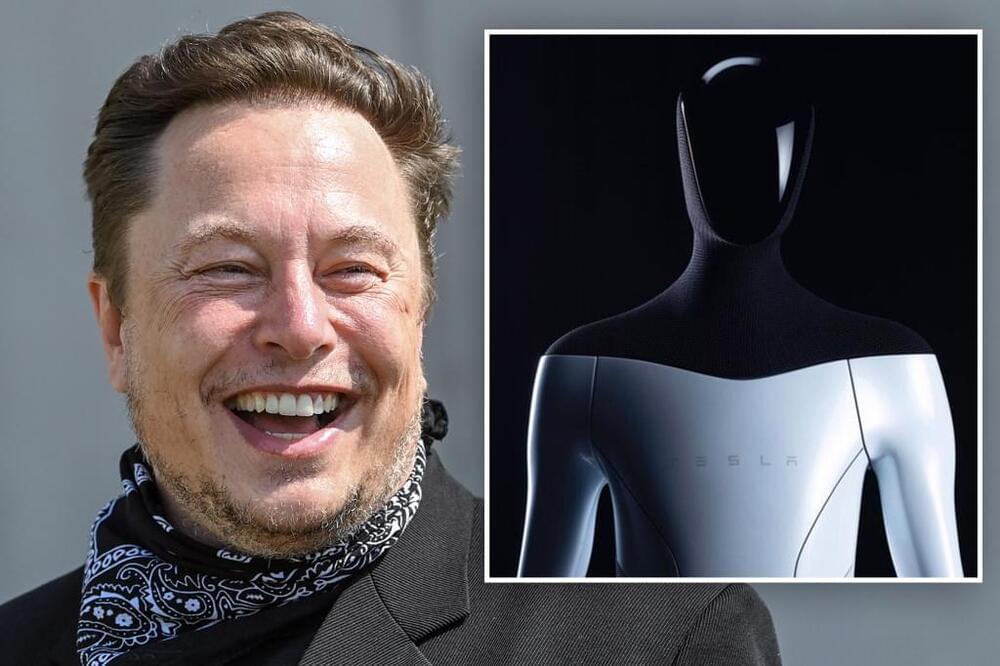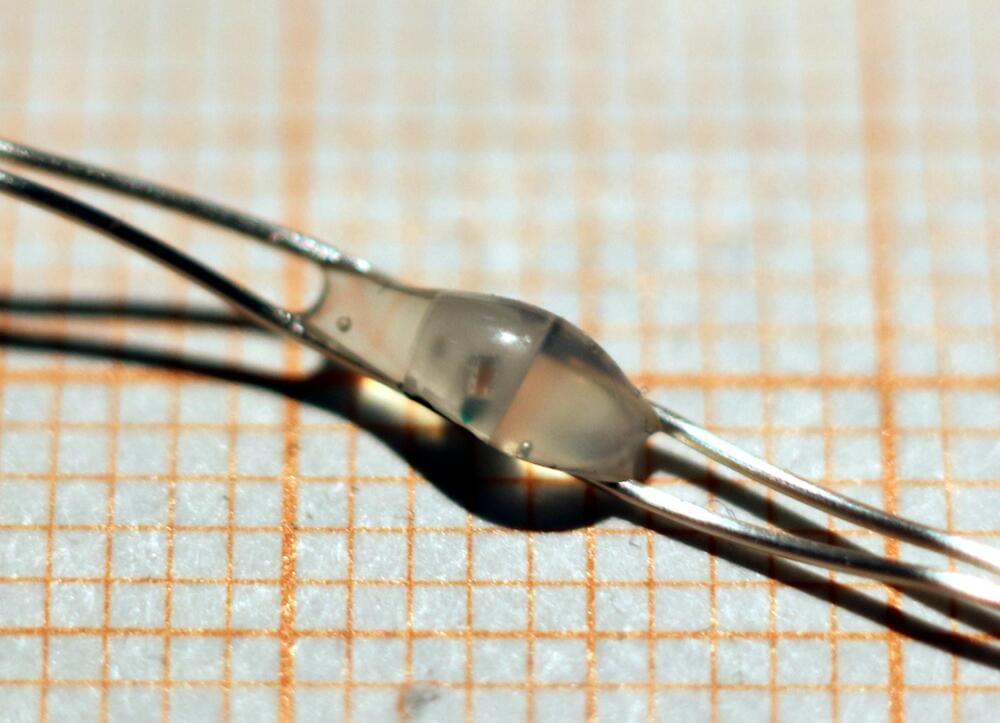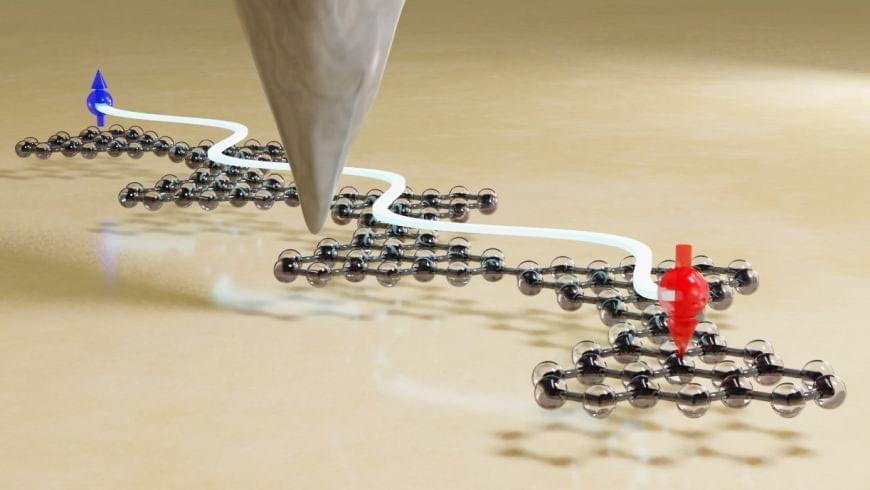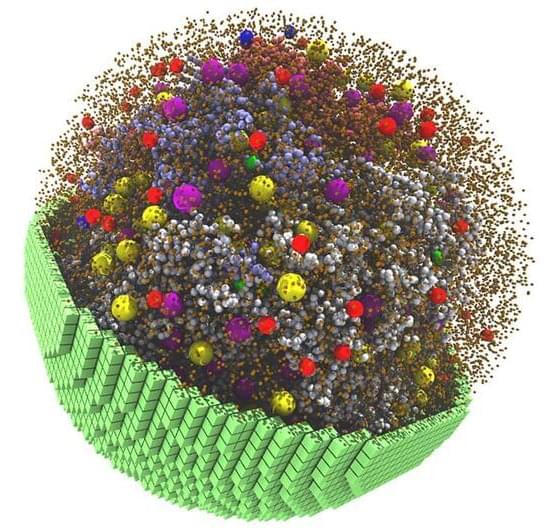Cam & Dowel Jig is a collection of preset jigs and various tools that are designed to help guide users through designing and constructing their own bespoke furniture.
If you didn’t pick up woodworking as a hobby during the quarantine, chances are you at least tried. In a perfect world, we’d have the know-how to pick up some tools, some pieces of wood, and design our living rooms with our own collection of bespoke furniture. Alas, this is no perfect world so we’ll need some shortcuts. Luckily, David Needham of Kingfisher Design Studio has us covered with an intuitive tool kit designed to streamline bespoke, DIY furniture-building projects.






